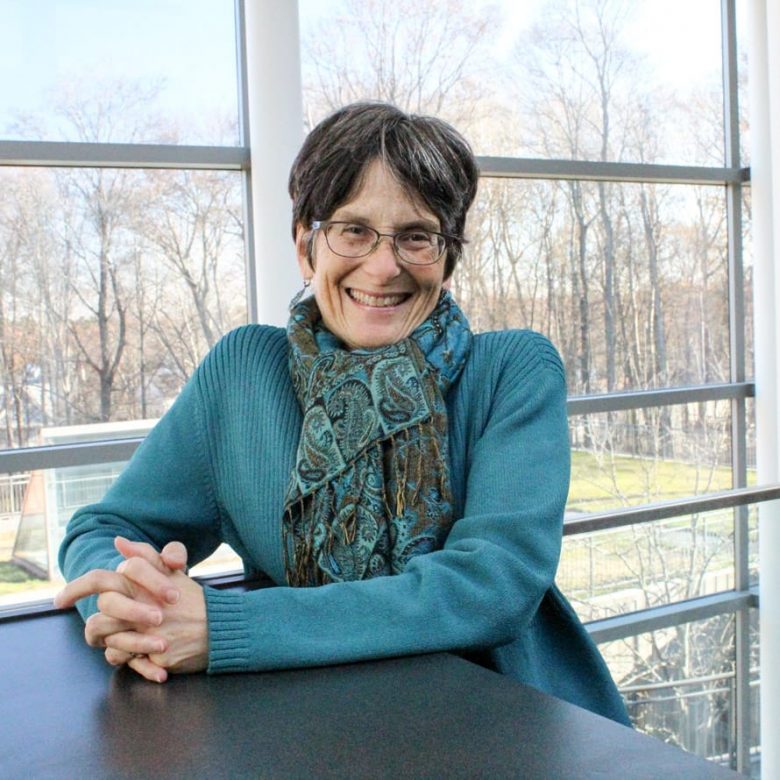Community Blog Speaking Torah: We who are the gardeners are also the garden

This season of the Omer, when we literally count the days from Passover to Shavuot, is all about getting from here to there. Rooted in the agricultural rhythms of ancient Israel, it’s a time of both anxiety and anticipation, as farmers waited to see what the season’s first wheat harvest would yield. In our mythic history, it’s about getting from Egypt to Sinai, from the world of Pharaoh to the world of justice and lovingkindness that the Torah summons us to create.
The journey out of Egypt teaches us three things about getting from here to there:
First, the journey begins when we recognize that “here” is not acceptable. In the story of the Exodus, it begins when the Israelites cry out. We’re told that the people who were enslaved in Egypt had forgotten even how to groan. Imagine, the Jewish people had forgotten how to kvetch! That’s how bad things were. The first moan that rises up from the exhausted Israelite slaves in the book of Exodus is understood by many commentators as the beginning of the process of liberation. To begin to cry out is to take the risk of seeing that things could be different.
Second, the Exodus teaches us that the journey from here to there has to happen one step at a time. We enact this truth in our ritual counting of the Omer. We count each day and bless the act of counting—but we are careful never to mention the next day’s count. The progression from one day to the next is not to be taken for granted. We count only the time we have been given; we look toward Sinai, but we thank God for the present moment.
Finally, the Omer teaches us that the journey out of Egypt—the journey from here to there—is not just an ancient memory. It’s about the possibility of renewal that is built into all of creation, into society, into the human heart. It is everywhere, at all times. The Hasidic master, the Sefat Emet, teaches that this is the meaning of the song that we sang as we left Egypt:
“It means that there is a song in us that will always be there, that has and will always have the power of renewal. It is in our souls and it can never be forgotten. This is the deliverance that is there for every generation.”
The Exodus comes to teach us that even in the darkest of times and narrowest of places, there is a song in our souls that cannot be silenced, a seed of new life that will not be denied, a capacity for renewal that cannot be extinguished. In the words of the 20th century Greek poet Dinos Christianopoulos. “They tried to bury us—they didn’t know we were seeds.”
May this year’s journey from Pesach to Shavuot reawaken this knowledge within us—we who are the gardeners are also the garden.
Rabbi Sharon Cohen Anisfeld is President-Elect of Hebrew College in Newton Centre, MA.

